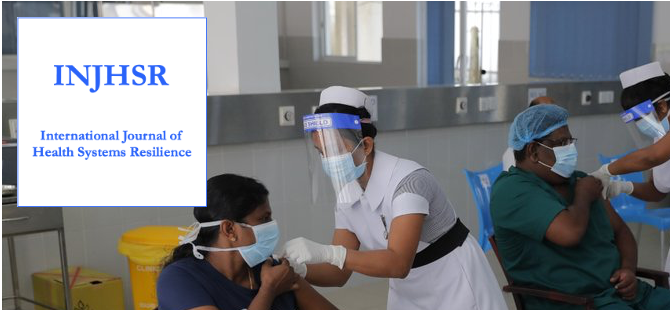
R. M. Nayani Umesha Rajapaksha, Millawage Supun Dilara Wijesinghe, Sujith P. Jayasooriya, Toms K. Thomas, B. M. W. Indika Gunawardana, W. M. Prasad Chathuranga Weerasinghe, Chrishantha Abeysena, Shalini Bhakta, Yibeltal Assefa Alemu
https://orcid.org/0000-0002-4641-903X
Abstract
The role of modelling in predicting the spread of an epidemic is important for health planning and policies. This study aimed to apply a dynamic Susceptible-Exposed-Infected-Recovered-Deaths (SEIRD) model and simulated it under a range of epidemic conditions using the Python programming language. The predictions were based on different scenarios, from without any preventive measures to several different preventive measures under R0 of 4. The model shows that more weight to personal protection can halt the spread of transmission followed by the closure of public places and interprovincial movement restriction. Results after simulating various scenarios indicate that disregarding personal protective measures can have devastating effects on the Sri Lankan population. The importance of strict adherence, maintain and monitoring of self-preventive measures lead to minimizing the death toll from COVID-19.
Key words: COVID-19; Deaths; Modelling; Predictions; SEIRD, Ministry of Health, Sri Lanka
